Category: Infectious Disease
-
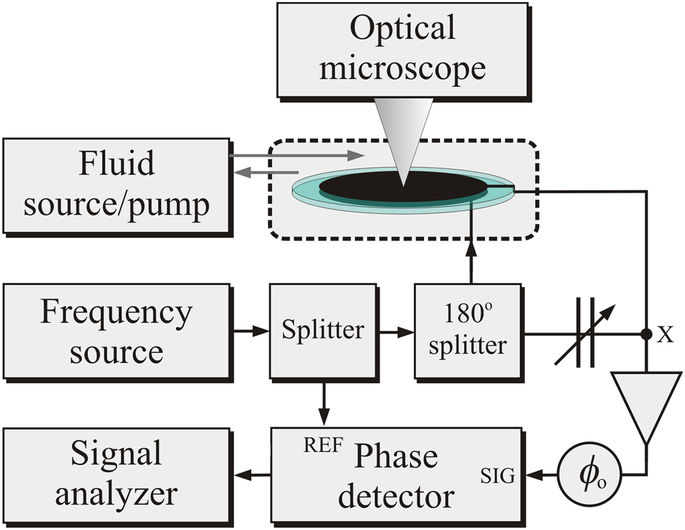
Piezoelectric sensor determines antibiotic efficacy in 1 hour
Ward Johnson and NIST colleagues have developed a piezoelectric sensor to rapidly determine whether an antibiotic combats an infection. Quartz-crystal resonators, with varying vibrations, measure surface particle changes, to quickly sense mechanical fluctuations of bacterial cells and changes induced by an antibiotic. Results are provided in less than an hour. Current antimicrobial tests require days…
-
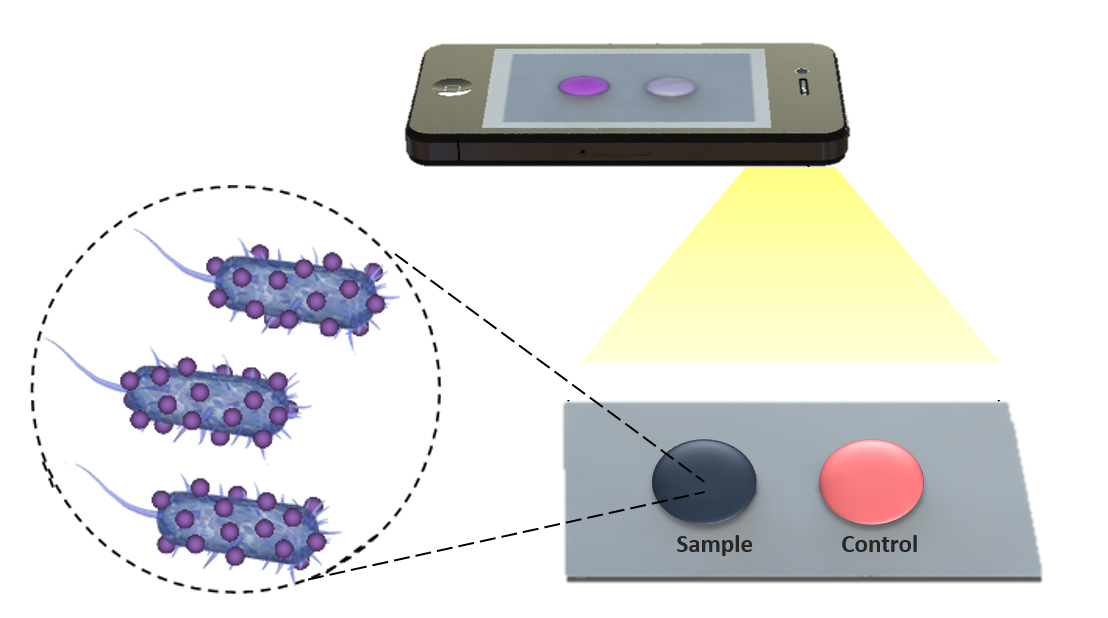
Cheap, flexible biosensor detects HIV, E-coli, Staph aureas
Florida Atlantic, Stanford, and Harvard researchers have developed a thin, lightweight, flexible “paper microchip” biosensing platform to detect and determine treatment for HIV, E-coli, Staphylococcus aureas and other bacteria. They have also created an app that could remotely detect bacteria and disease in the blood using mobile phone images. Current paper and flexible material-based platforms…
-
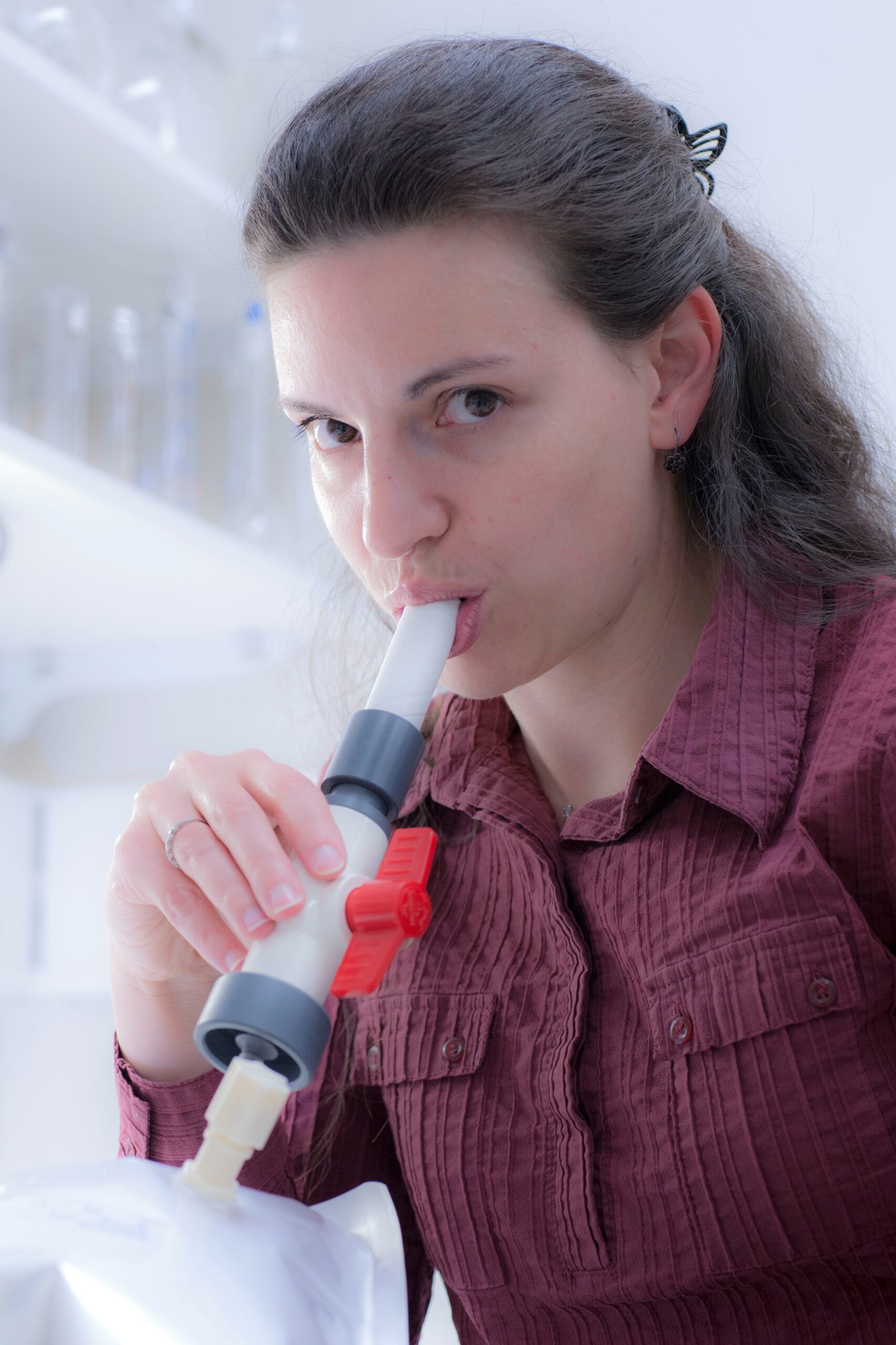
Breath test for malaria
QIMR Berghofer, ANU and CSIRO researchers are developing a breath test for malaria. Current blood testing methods have not changed since 1880. A recent study found a marked increase in normally almost undetectable chemicals in malaria patients’ breath. The chemicals were seen four days earlier than with a traditional microscope test, with higher sensitivity. Malaria killed 584,000…
-
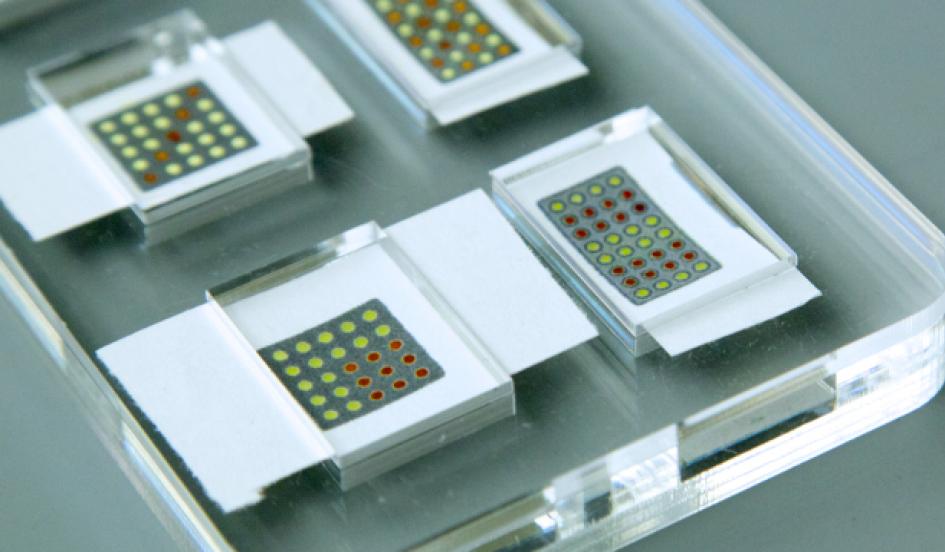
Paper test detects Ebola in 10 minutes
MIT‘s Hamad-Schifferli Group and Lee Gehrke have developed a paper strip test that can detect Ebola, Yellow Fever, and Dengue Fever in 10 minutes. The strips are color coded, using triangular silver nanoparticles, to distinguish among diseases. The test relies on lateral flow technology, used in pregnancy tests and for diagnosing strep throat and bacterial…
-
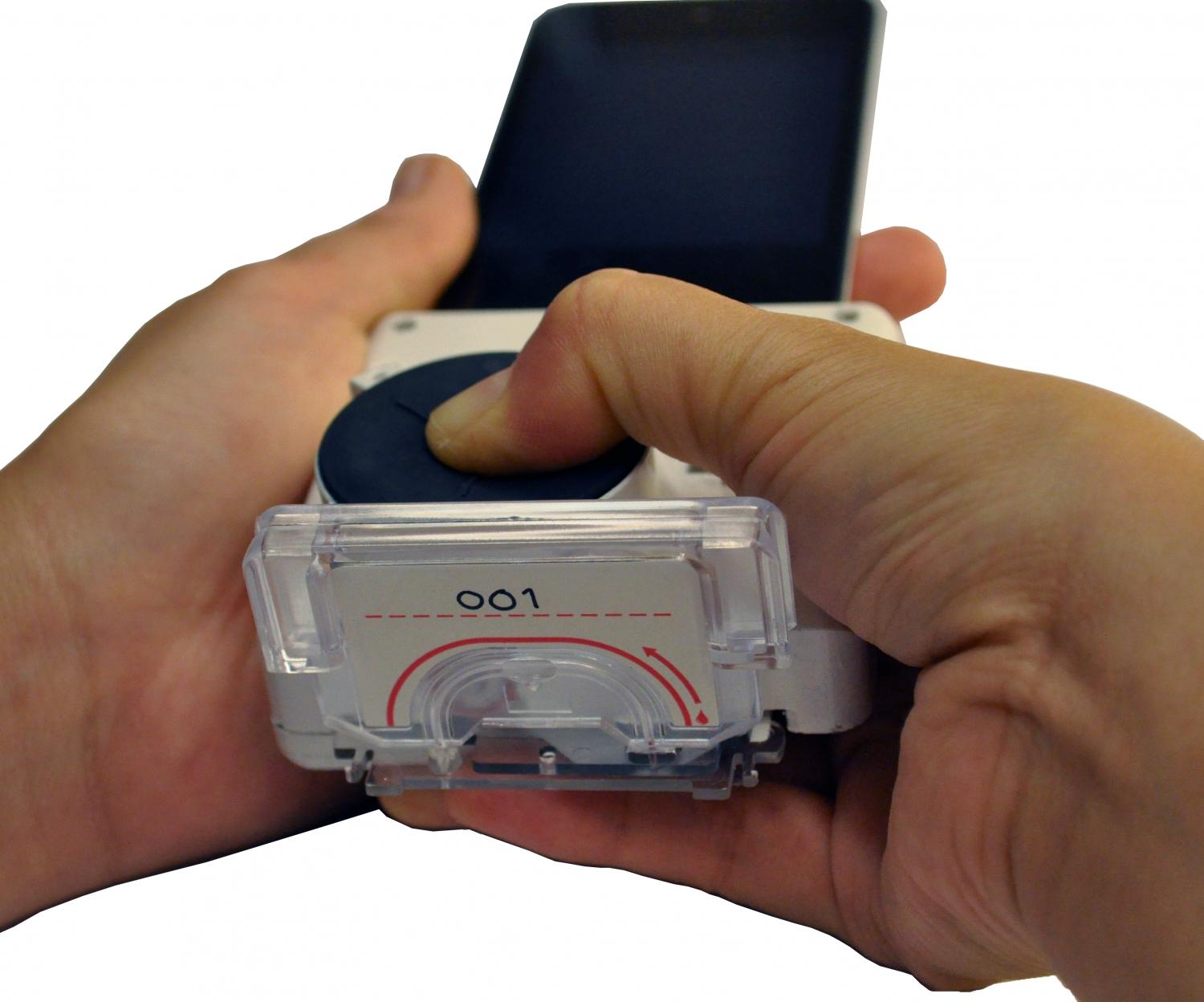
Smartphone blood test detects HIV, Syphilis
Columbia bioengineering professor Samuel K. Sia has developed a cheap smartphone dongle that can detect three infectious disease markers from a finger prick of blood in 15 minutes. The device replicates mechanical, optical, and electronic functions of a lab based blood test. It performs an enzyme-linked immunosorbent assay without requiring stored energy, as power is drawn from…